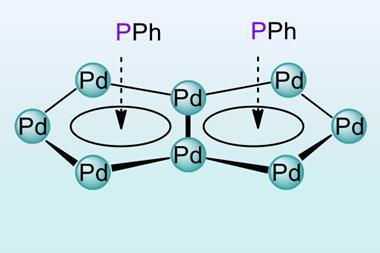New guidelines aim to spread grant money more evenly to avoid it accumulating in the hands of research superstars
An institute of the US National Institutes of Health (NIH), which supports basic research, including chemistry, has put forward new guidelines aimed at spreading the wealth around and ensuring that funding isn’t concentrated in the hands of a few researchers.
The NIH’s National Institute of General Medical Sciences (NIGMS) recently announced that it will no longer allow investigators who already enjoy lots of long-term, ‘unrestricted’ research support from other funding sources to hold more than one NIGMS research grant at any given time. The term ‘unrestricted funding’ signifies that the work in question is not project-based and the funding may be used to conduct research on a broad topic at the principal investigator’s (PI) discretion.
The new NIGMS policy applies to researchers who have at least $400,000 (£264,000) in such ‘unrestricted support’ that extends at least two years beyond the start of the NIGMS grant. That figure includes direct costs per year, excluding the PI’s salary and the direct support of widely shared institutional resources. The new policy will take effect in January 2016.












No comments yet